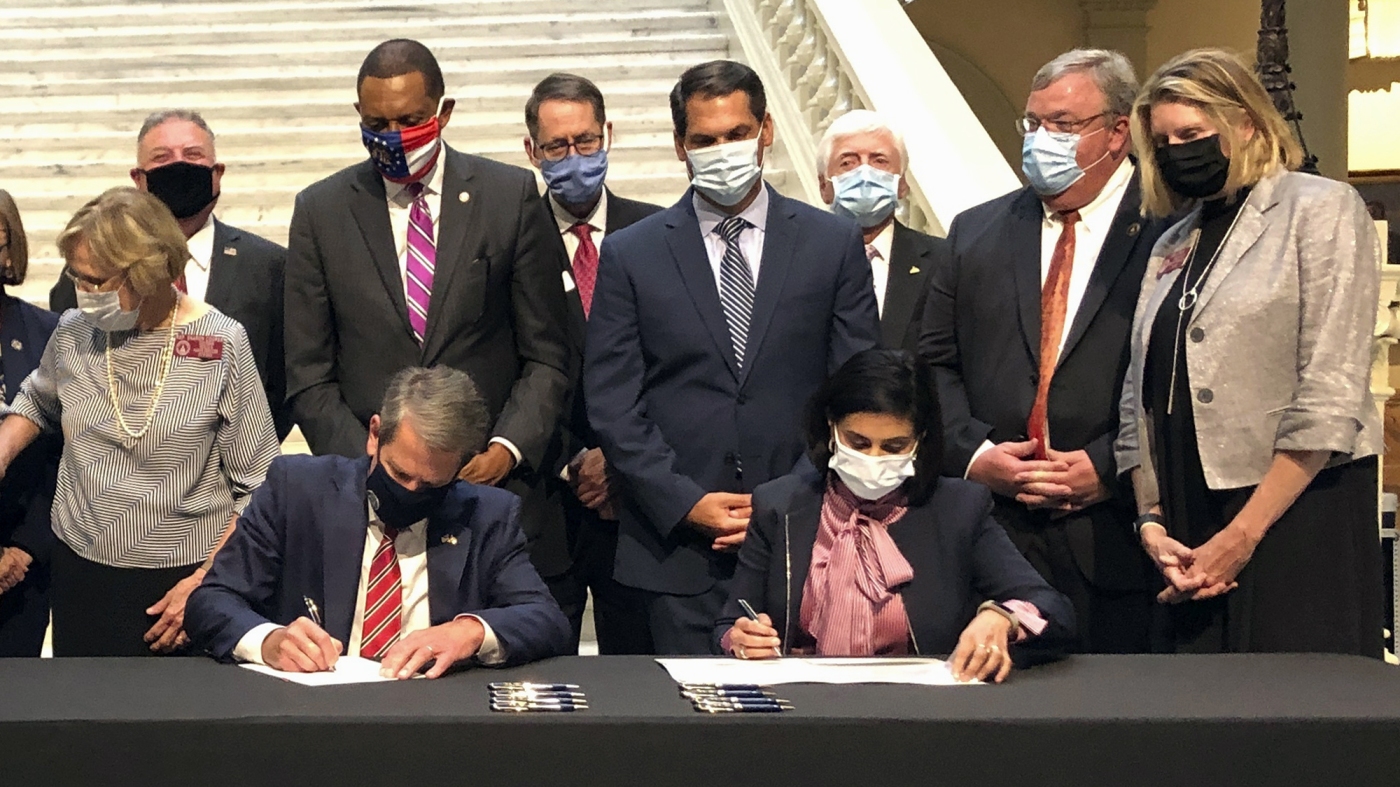Georgia’s recent changes to its Medicaid program are bringing both hope and concern. With new state laws, many low-income adults now face work requirements to keep their health benefits. This move has sparked debates about the effectiveness and fairness of such mandates.
So far, Georgia is the only state actively testing this system, which requires people to report their work status monthly. Tanisha Corporal, a social worker in Atlanta, illustrates the challenges. After leaving her job to start a new project, she found herself needing health coverage. Navigating the system proved to be more complicated than she expected.
Despite her experience in social work, Corporal faced a mountain of paperwork—something many in her community struggle with. Similar stories echo across the state, raising alarm among health advocates. They worry that excessive bureaucratic hurdles might lead to unintended consequences, such as vulnerable individuals losing their healthcare.
The law mandates that Medicaid recipients under 65 must demonstrate they are working, studying, or volunteering at least 80 hours a month. With exemptions available for full-time caregivers, the criteria seem straightforward, but the reality is much messier. Georgia’s administrative costs for this program have surpassed $91 million in just two years. Over $50 million went specifically to creating the eligibility reporting system, yet enrollment numbers remain low, with only about 8,000 people currently enrolled.
For many, losing Medicaid can mean losing critical healthcare access. Corporal has health issues, including a family history of breast cancer, making her health coverage crucial. After a grueling eight-month battle to prove her eligibility, she finally secured Medicaid coverage. However, the stress of ongoing monthly verification remains, highlighting the program’s flaws.
Health advocates fear that other states implementing similar systems might face the same struggles. Laura Colbert from Georgians for a Healthy Future points out that many individuals are losing coverage due to technical glitches in the reporting system similar to those experienced in Arkansas—a state that faced its own challenges with Medicaid work requirements.
Some experts argue that these requirements may not lead to increased employment; over two-thirds of current Medicaid recipients are already working. They suggest the focus should be on simplifying access to healthcare rather than imposing stricter regulations. Paul Mikell, a Georgia resident with Medicaid, shares his frustrations about the website issues that complicate the recertification process. From glitches to confusing paperwork, the barriers to maintaining coverage seem excessive.
Overall, while the push for work requirements is framed as a way to promote job engagement, it raises questions about who truly benefits. The discussion continues as Georgia seeks to extend its Pathways to Coverage program and improve its processes, but the road ahead remains complex.


